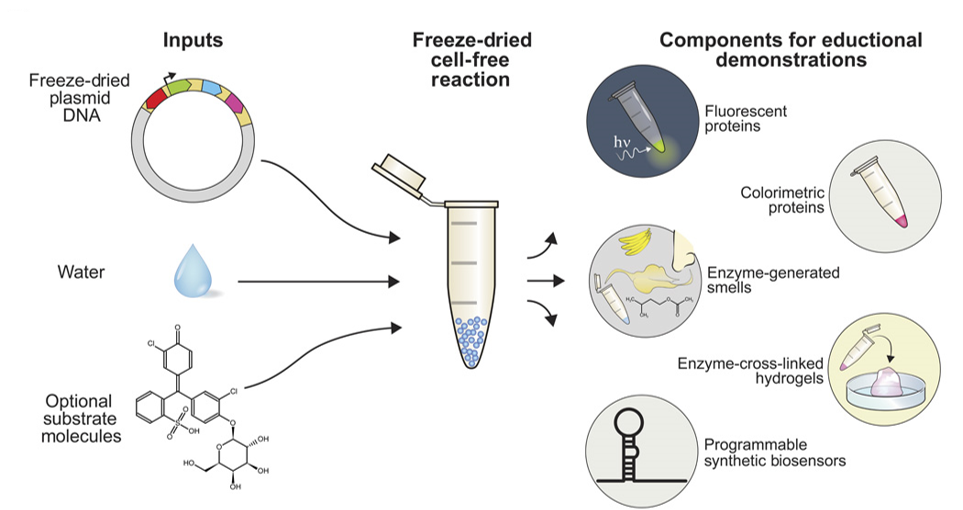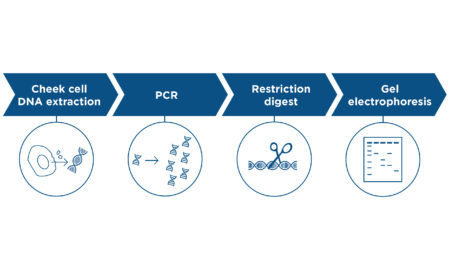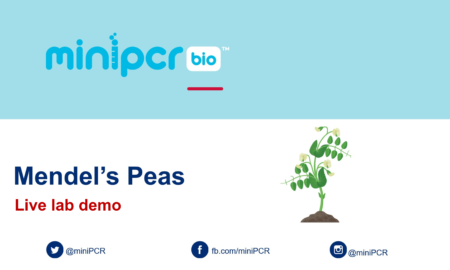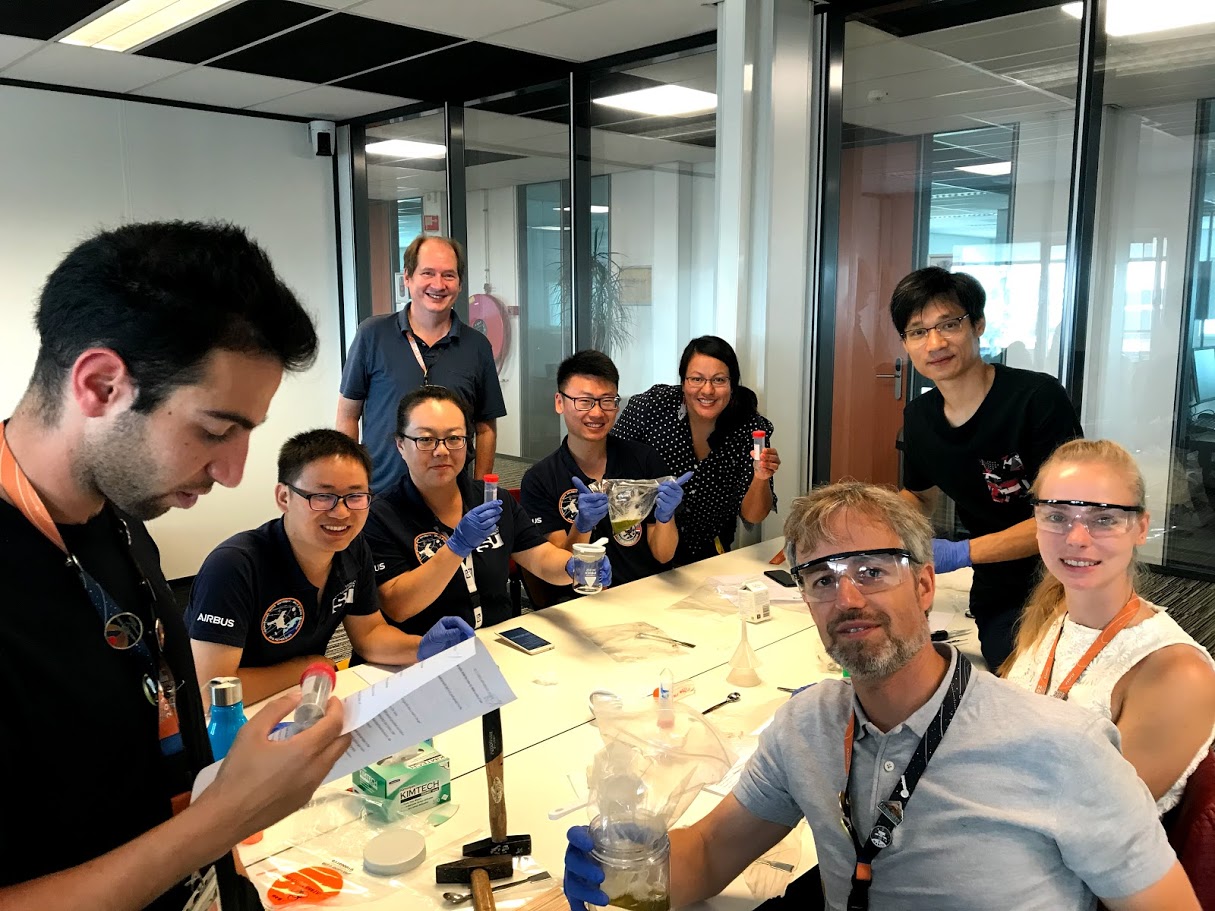PTC Taster Lab: A hands-on lab to teach cell signaling
A core topic in biology class is cell communication and signaling, but it is often difficult to engage students on this topic. PTC tasting is a common way to teach simple Mendelian genetics and dominance relationships, but it’s also an excellent example of variation in a cell signaling pathway! In the miniPCR bio PTC Taster Lab, students genotype themselves for the TAS2R38 gene, which encodes a bitter taste receptor that detects the bitter chemical PTC. While this lab is an excellent way to link genotype and phenotype, it also engages students in the study of cell signaling.

The TAS2R38 protein is a G protein-coupled receptor (GPCR). There are two common alleles for the TAS2R38 gene that vary by three amino acids. Scientists do not know for sure how these differences in the TAS2R38 gene affect TAS2R38 protein function, but the locations of the amino acids in the protein are known.
In the free extension activity, students use their knowledge of GPCRs and signal transduction to make hypotheses about how these changes in the TAS2R38 protein might affect its function.
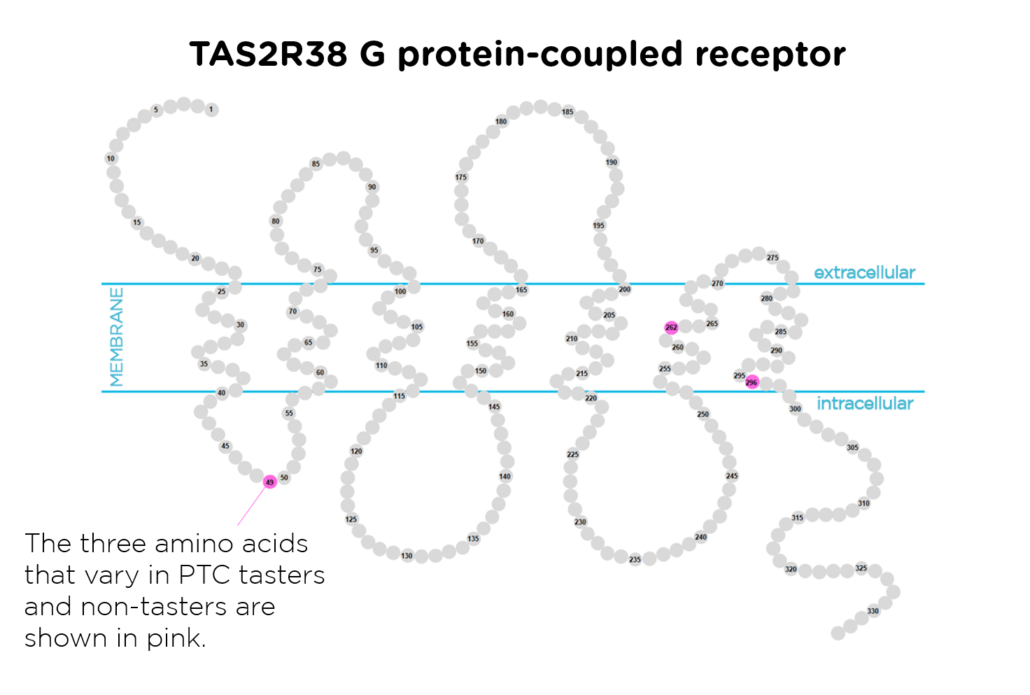
Now you can take PTC tasting in a whole new direction, giving students a concrete example of how genetic variation and cell signaling interact!
Download the complete PTC Taster Lab today to see the curriculum for yourself!



